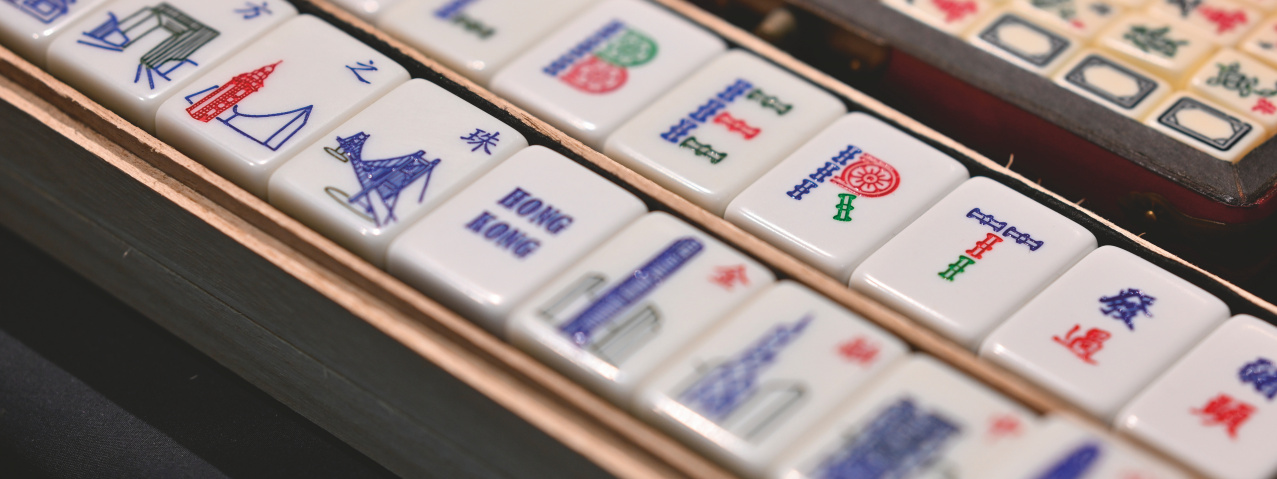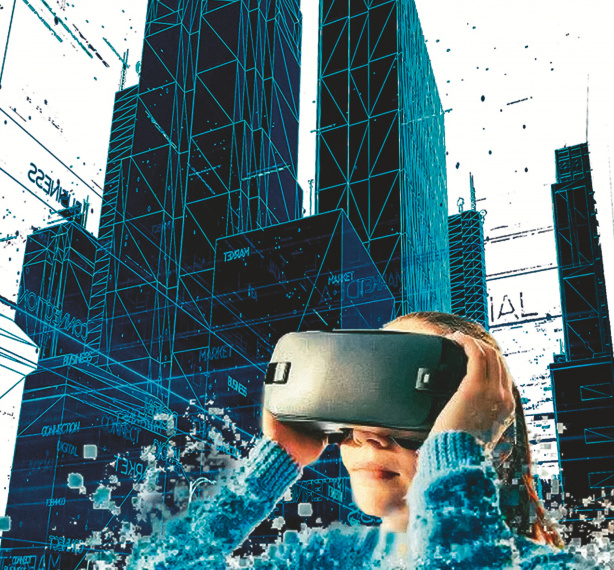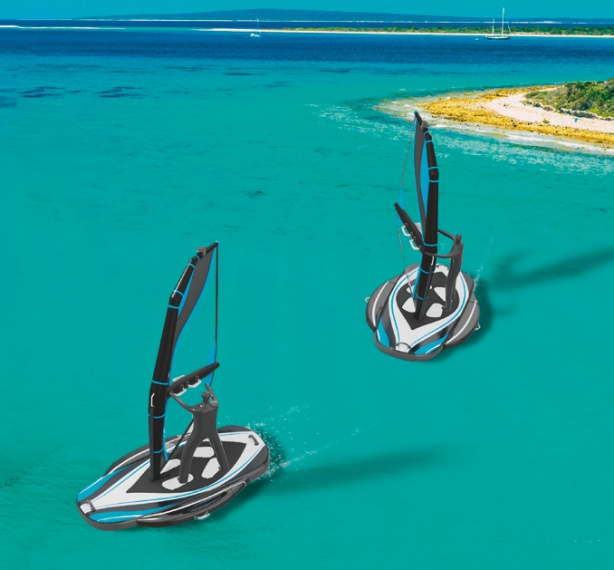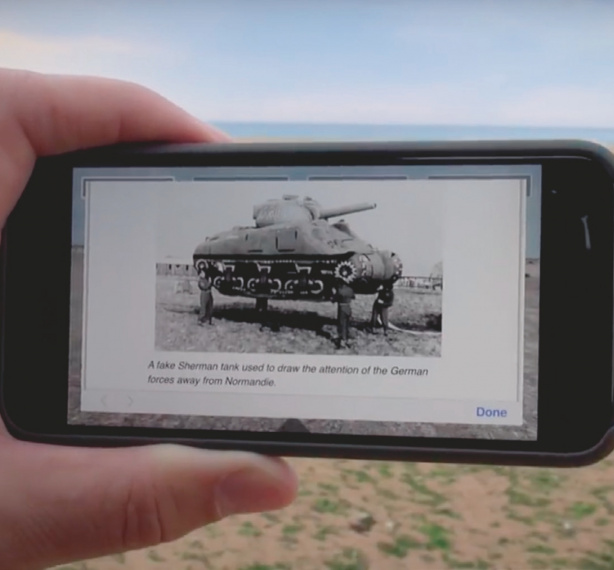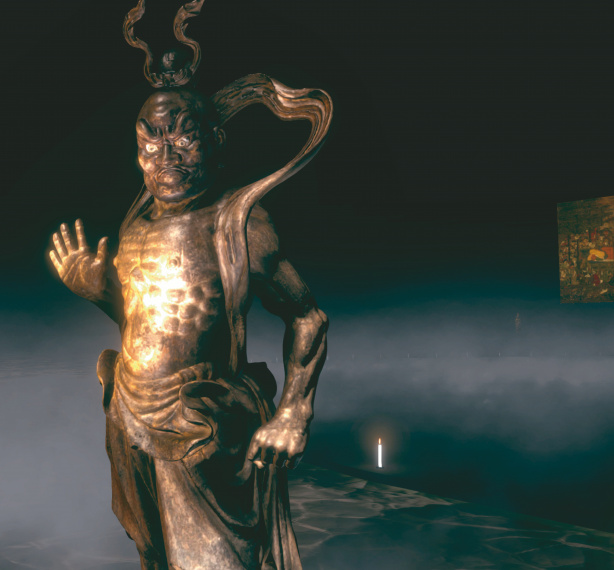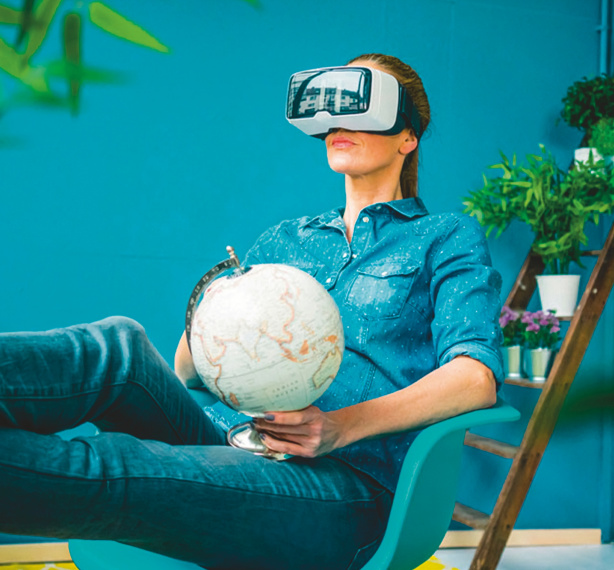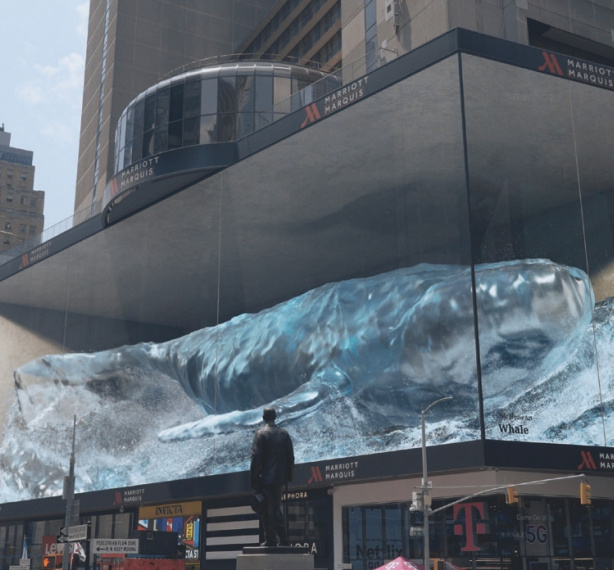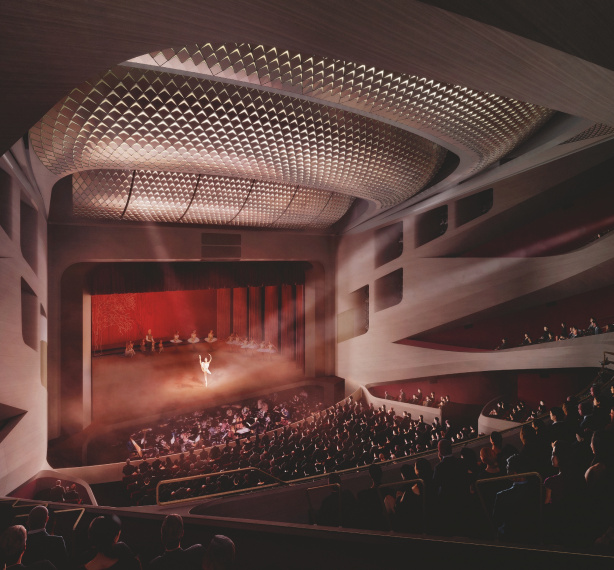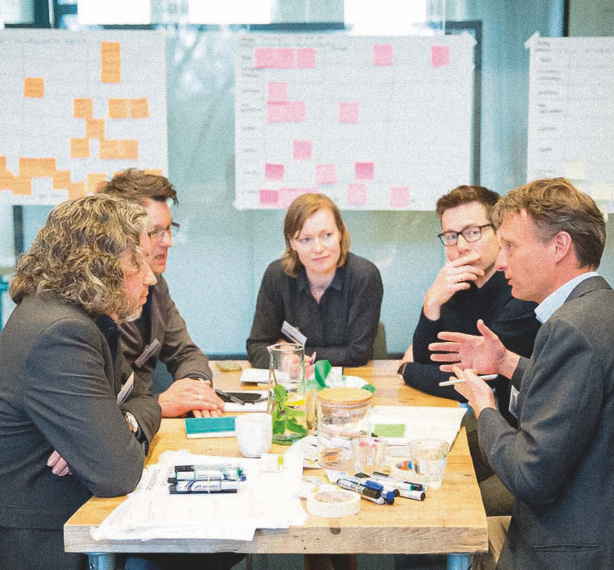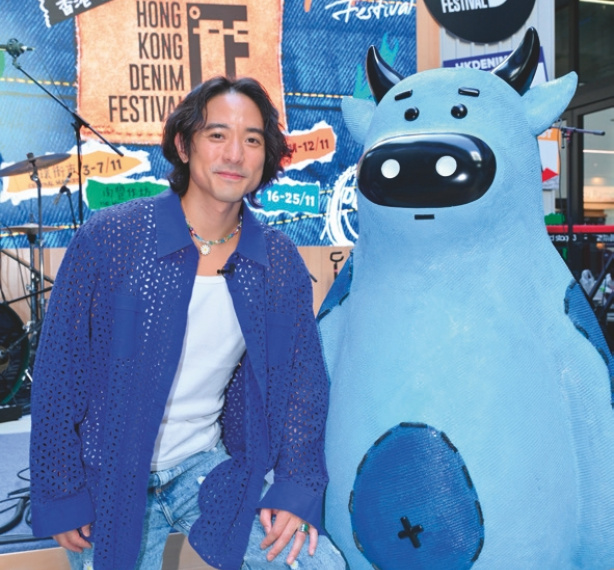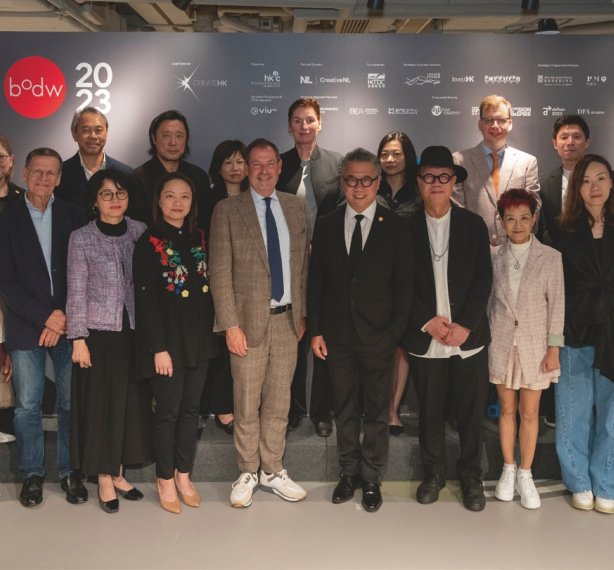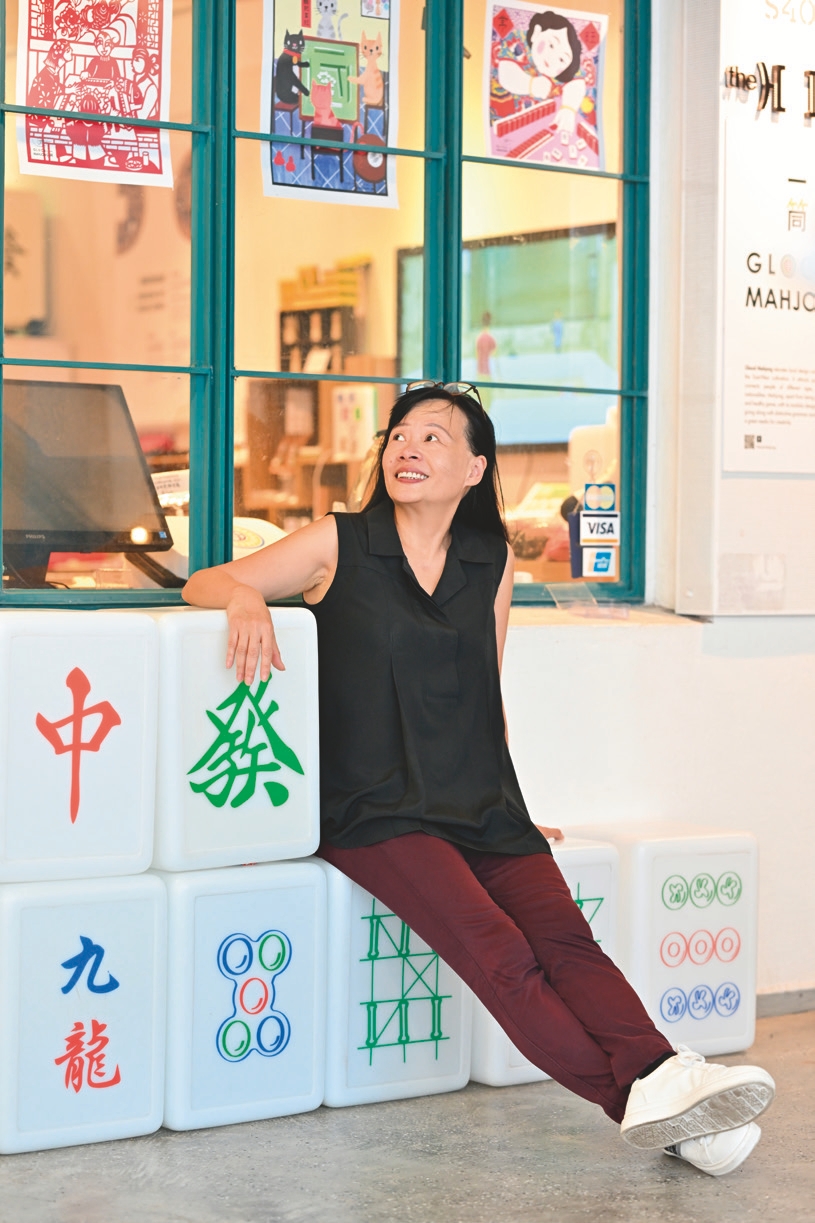
|
During the 2017 Hong Kong Shenzhen Bi-City Biennale of Urbanism \ Architecture, Pak Sha Road in Causeway Bay became an arena for giant mahjong. The road was lined with artificial grass, while the air was filled with buskers' performance and the aroma of freshly baked pineapple buns and egg custards. Dr Chan Laikiu, the curator and architect of this project, truly demonstrated her motto, "Make it fun!", which extended to digitally elevated traditional Chinese mahjong and reenacted old Hong Kong districts.
Dr Chan summarised her early career as an architect in just a few sentences. After obtaining her PhD in Architecture from The University of Hong Kong, she joined P&T Group before becoming the Director of Design and Project in Hysan Development Co. Ltd., where she led teams to complete the flagship project Hysan Place and enhancement projects in Lee Gardens. The architect with multiple local and international awards recalled, "The idea of leaving my comfort zone came around in 2014. I wanted challenges and therefore left the sizeable company I have been working for. My first creative project was related to my profession, which was to make use of underused space of the city."
The architect found her new love in a "sideline" business and founded the multi-disciplinary design practice arQstudio. "arQ" associates not only with Dr Chan's name "Lai Kiu", but also the protagonist in Lu Xun's novella The True Story of Ah Q. For its first project, the studio identified nine underused urban spaces and turned them into exhibitions. These include under-flyover spaces, the pedestrian crossing at Central Market, borrowed buildings that were about to be demolished... Since there was no furniture, Dr Chan created a giant set of mahjong that could function as seats and exhibits. With the help of three interns, she produced videos with them playing mahjong, which attracted more than 2 million views online.
Mahjong metaverse
Dr Chan is quite excited about the viewership, which suggests mahjong is still highly popular amongst Chinese people. She opened the shop "Glocal Mahjong" at PMQ last year despite the pandemic circumstances at the time. Her creative collection features designs inspired by Hong Kong snacks and street names, mahjong emojis and riddles about mahjong. Considering the gloomy market amid COVID, the "make it fun" spirit has been a good driver for her business.
"I spend the longest time with my son and his peers when they play mahjong at home. When we were young, we hung out at karaoke or organised snack parties. Nowadays, young people enjoy playing mahjong at home. It is a game that connects people." Dr Chan studied the varied game rules and jargons of mahjong and found many mahjong associations around the world. It is no exaggeration that mahjong is a global connector!
She continued, "Mahjong must be rejuvenated. Otherwise, the love for the game will stop when the older generation passes away. I have produced some 50 youtube videos about mahjong, making sure there is an interesting video available every week. I created AI for mahjong, a metaverse of mahjong, where everything is built with mahjong. It is very much like Alice in Wonderland – one could travel to the metaverse of mahjong through the 'mahjong hole' in the middle of the mahjong table. All the architectures and furniture in this world are made of mahjong. Even the greenery along the roads are made of mahjong."
Before the new year approached, she created a mahjong 360 greeting card, on which three teddy bears were playing the game. When one presses the first teddy bear, it would say "I miss you"; the second, "When are you back?", and the third "the game's waiting for you". Dr Chan said that novel ideas can transform into a new lifestyle. She attempts to express her feelings not in the traditional way, but to modernise it and "make it fun".
A virtual reality for the silver-haired
In 2015, Dr Chan led a team and won a techathon organised by The Hong Kong Polytechnic University and Hong Kong Science and Technology Park. The new technology entrepreneur teamed up with Easy VR and was determined that VR service should be used to serve those who lack resources, mostly NGOs and those who do not have adequate access to such resources. This is why she targets senior citizens. "Why would someone use VR if they can be there physically?"
Hong Kong Design Centre hosted an exhibition in Central Market last year, for which Dr Chan created a thematic one entitled "Travel Beyond Ages" for the elders with six different approaches. "I had a message in each approach. First, I took pictures of an elderly home and created a virtual reality for it. By taking a look, potential residents would be less anxious about coping with life in a home. The second one consists of pictures of the Wah Fu Estate, which will soon be demolished. This enables virtual travelling in the future. In the third one, I invited an old couple to talk about their life stories at Wah Fu Estate. The virtual reality would be used to display items they mention. For example, when they mention the 'ping on bun' at home, its back story and the relevant visuals of the real object could be shown to enrich the contents of the oral history. For the fourth one, I recreated a virtual environment of the past, so that people can travel down the memory lane and revisit rebuilt virtual spaces such as the Queen's Pier. My fifth approach was to categorise virtual reality resources online, so that the elders can travel around the world virtually. Sixth, I made greeting cards with interesting VR images and sent them to elders with good wishes."
Dr Chan continued, "Who needs VR the most? I think the mobility-impaired, those who lack the money, time and energy. Digitising reality is a great way to break the barriers of time and space. The project's name 'Travel Beyond Ages' means one could travel farther in space and time without limitations. From here, one could explore what digitisation can help the elders achieve."
Digital heritage of old Hong Kong
Novel ideas are always in abundance for Dr Chan. She recalled that while she was working on "Travel Beyond Ages", certain Hong Kong icons became history: the Jumbo Floating Restaurant sank, Happy Cake Shop and Lin Heung Lau closed. "Until all these disappeared, we had never considered keeping a record for them. In fact, the virtual reality can function as an archive. With something as simple as a 360-degree camera, we could rebuild a virtual reality that can conveniently open up a lifelike space. People who are interested can go through the portal to this virtual reality. This is why I leverage VR to help generate digital heritage."
"I am a true fan of Hong Kong history, and I am very familiar with a few particular districts. My first job was with the century-old P&T Group. I worked on a very comprehensive study on Central's architecture for the firm and gathered a huge collection of old pictures, with which I recreated a two-dimensional old Central. To construct a three-dimensional VR experience, however, I would need much more information."
At Hyson Developments, she worked on an exhibition for the company's 90th anniversary. Hyson has just celebrated its centennial anniversary. "I created a few models back then. One was Lee Gardens in 1926. Lee Garden Hill was rebuilt based on the pictures I collected. It was very much like putting puzzle pieces back together. In another project, I recreated the buildings in the vicinity of Lee Gardens Plaza Hotel in Causeway Bay during the 1970s. We managed to reinvent each and every building."
"There was another time that I helped out Madam Lo Wai-luen, the Hong Kong writer by the name 'Siu Sze'. She grew up in Fleming Road in Wanchai. I reproduced the pictures of that area using the archived data of the Tung Wah Group of Hospitals, printed them out and put together the image of an entire street from the past. Madam Lo was thrilled when she saw my creation. She felt like she could reconnect with the place that she has been very familiar with." Although VR was not applied in this particular project, Dr Chan can now leverage VR and replicate the three-dimensional environment of the old district.
Learning history the fun way
"I love Hong Kong and I have always enjoyed its special character. For an exhibition that promoted the city in Kuala Lumpur in July, I created a collection of games that highlight the fun of Hong Kong. These will be shown again in Nanjing in October," shared Dr Chan. The 10 odd games will continue to evolve and live up to the "Make it fun" motto of Dr Chan. |
